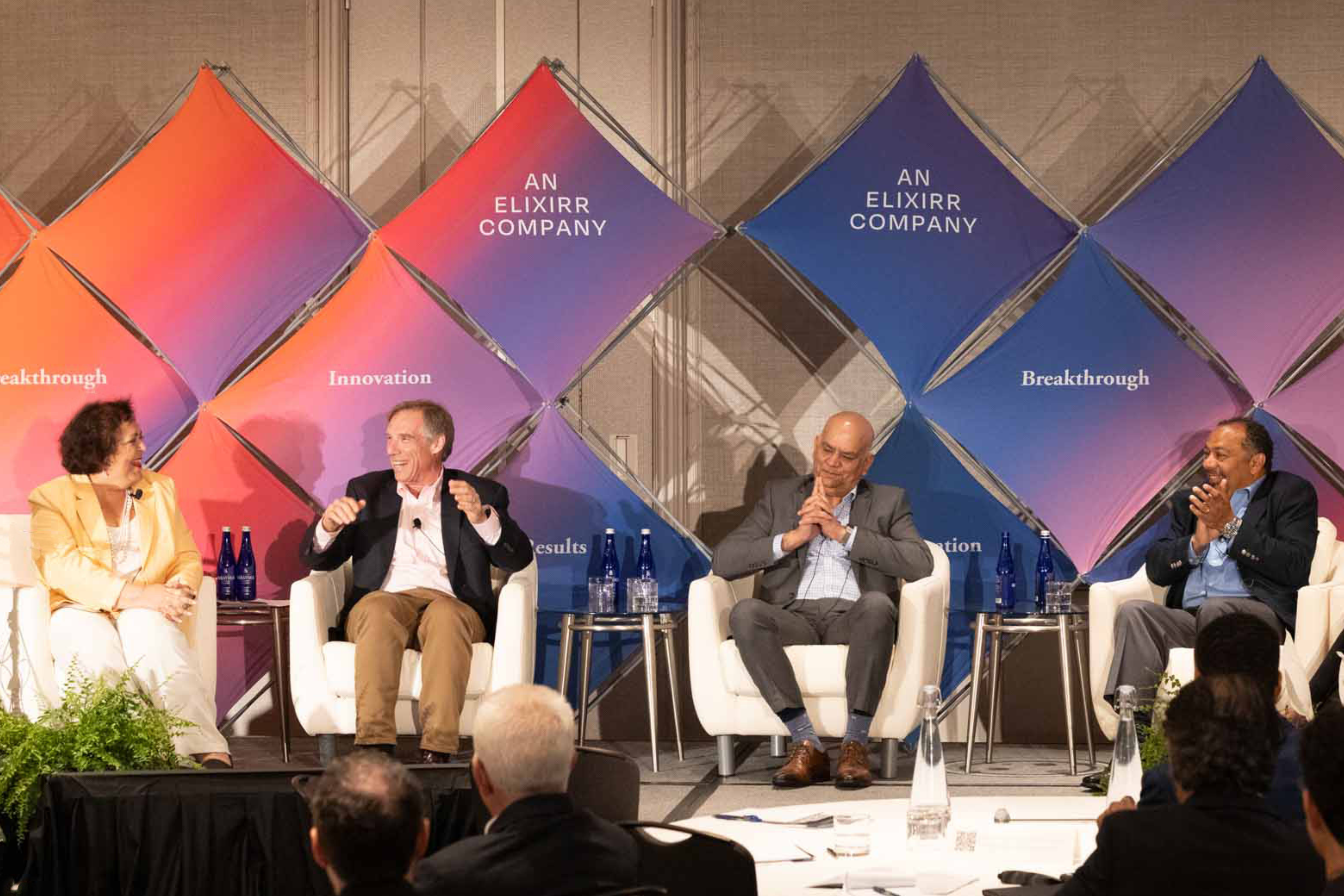The Gender Gap Widens
Equal pay for equal work just got a little more elusive.
Women around the world will have to wait 217 more years for true workplace equality, according to the World Economic Forum (WEF) Global Gender Gap Report 2017. This is a major setback for a movement that was already making slow progress. In 2016, the WEF predicted it would be 170 years until women and men would achieve economic equality. This is the first time since the WEF began publishing its gender gap report in 2006 that overall progress toward parity between men and women has stalled.
“In 2017 we should not be seeing progress toward gender parity shift into reverse,” Saadia Zahidi, the WEF’s head of education, gender and work, said in a statement after the report’s release. “Gender equality is both a moral and economic imperative. Share on X Some countries understand this, and they are now seeing dividends from the proactive measures they have taken to address their gender gaps.”
The widening economic gap was spurred by several factors, including women being paid about half the amount of men and the fact that women are likely to work in industries with lower average pay, rather than high-income areas such as tech, which is traditionally male dominated, according to WEF.
“In 2017 we should not be seeing progress toward gender parity shift into reverse.”
— Saadia Zahidi, the head of education, gender and work, WEF
Closing the gender gap is more than simply a social imperative—it is also an economic one. The WEF contends that gender equality could add billions of dollars to economies. “Recent estimates suggest that economic gender parity could add an additional $250 billion to the GDP of the United Kingdom, [$1,75 trillion] to that of the United States, $550 billion to Japan’s, $320 billion to France’s and $310 billion to the GDP of Germany,” said the report.
And today’s business leaders must play their part, said Paul Polman, CEO, Unilever. In a piece for the WEF, he wrote, “I believe it is our moral responsibility as today’s leaders—across all sectors from business and government to civil society—to accelerate the pace of our actions to further advance the lives of women and girls everywhere, and to reverse the widening gap.”



